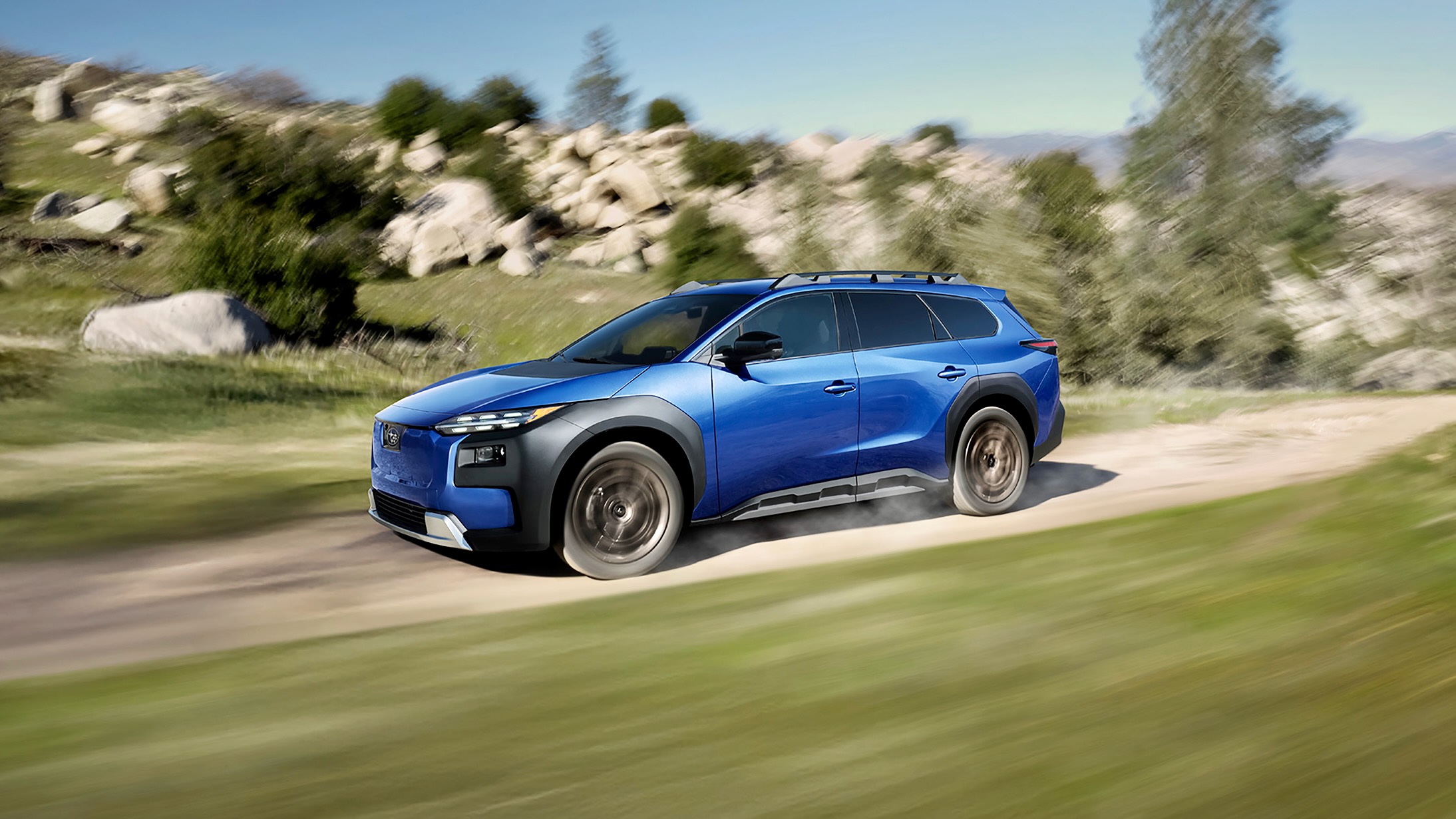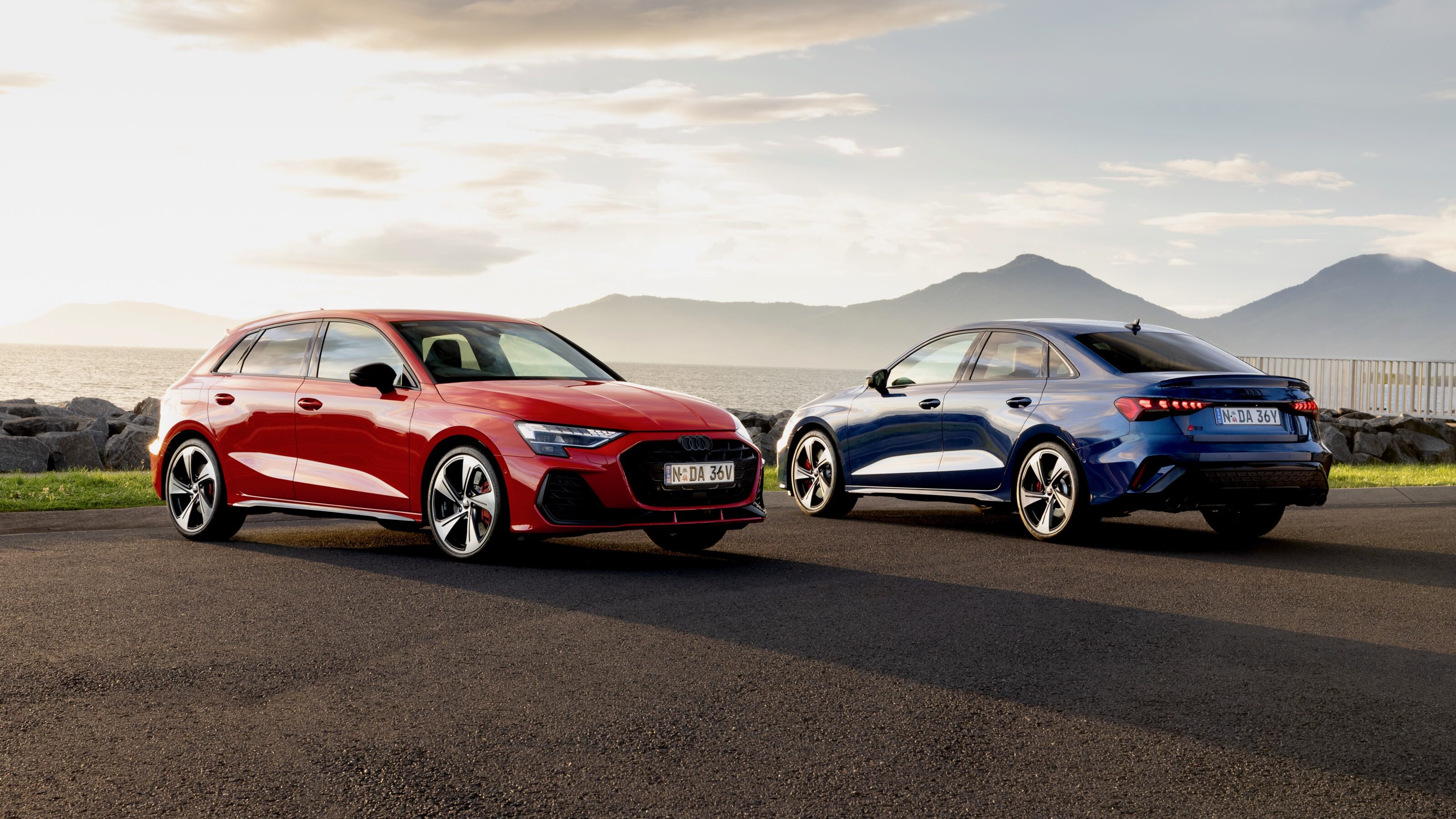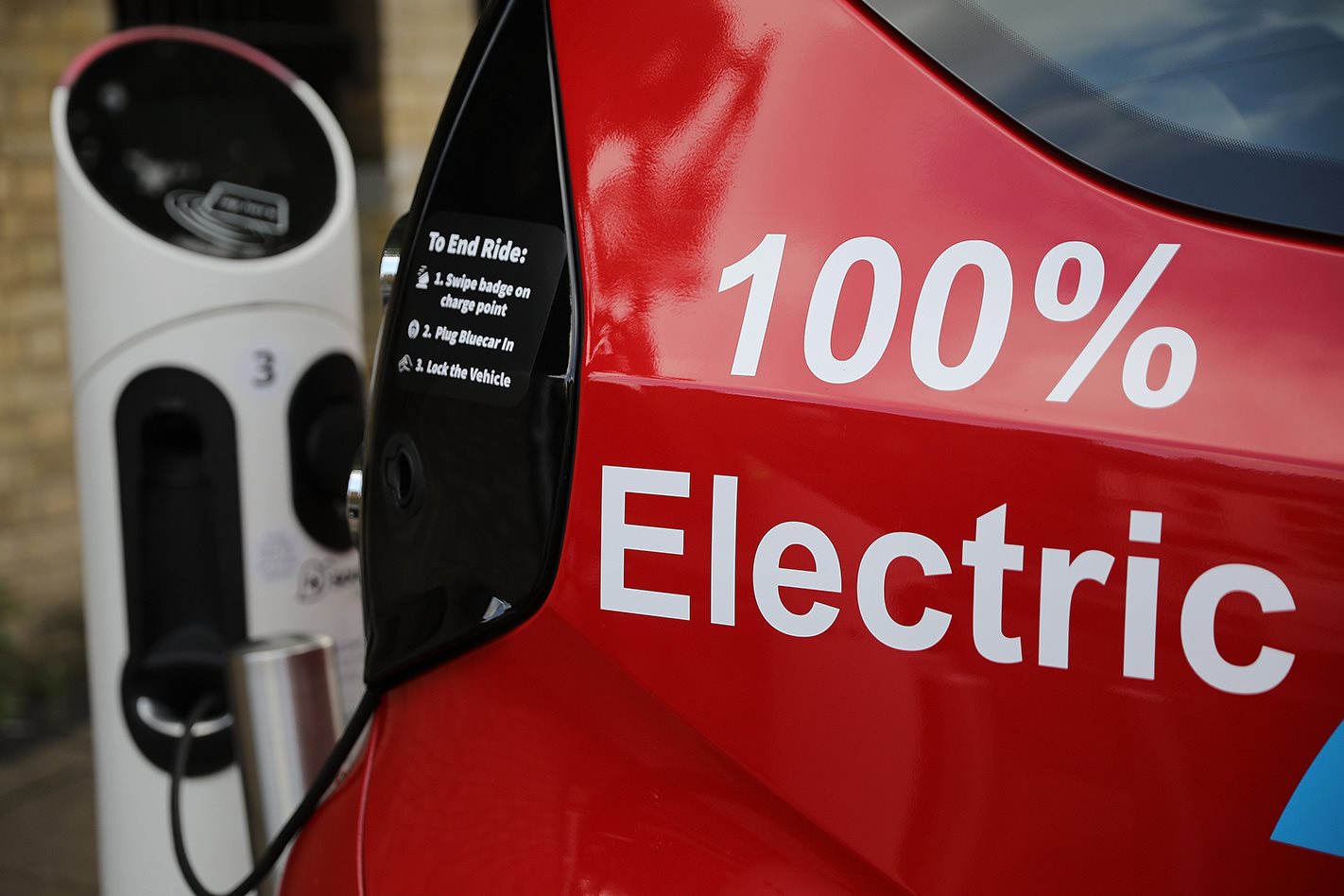
Some of the world’s leading car manufacturers, automotive groups and environmental bodies have teamed up to blast the Victorian Government’s proposed tax on electric vehicles calling it: “the worst electric vehicle policy in the world”.
An open letter published today, which urges crossbench MPs to vote against the bill when it comes before Parliament, says the Andrews Government’s proposed tax is the only stand-alone electric vehicle tax in the world, and risks putting Australia even further behind the rest of the world in its uptake of electric cars.
The letter, addressed to the Victorian parliament – calling on it to vote against the state’s “regressive electric vehicles tax” – was signed by a number of automakers and industry bodies including Hyundai, Volkswagen, Uber, Jet Charge, the Electric Vehicle Council, Environment Victoria and the Australia Institute.
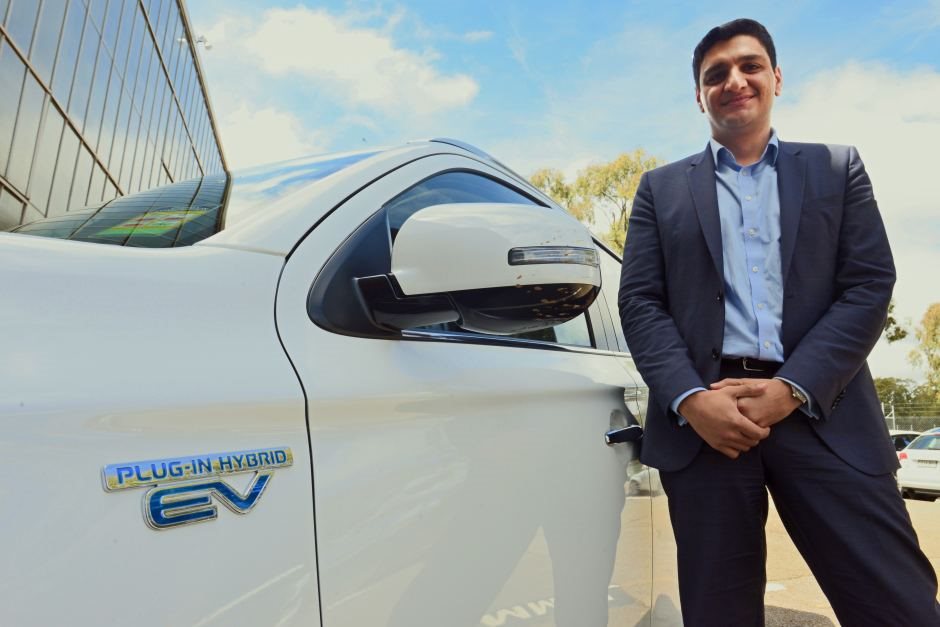
If the bill is passed it will mean Victorian drivers will miss out on the most efficient and affordable electric vehicles.
“Victoria is already massively behind comparable jurisdictions in the US, the UK, and across Europe. This tax will exacerbate the yawning gap,” said Behyad Jafari, CEO of the Electric Vehicle Council.
“Far from being on track to achieving net zero emissions by 2050, emissions from transport are rising in Victoria. This is the wrong time to tax zero emissions vehicles.”
“Every other state has either ruled out doing something similar at this early stage and SA, the one who’s closest [to Victoria’s proposed tax], has delayed any introduction until after its next state election as its parliament has said it will reject implementing the charge as well.”
As announced in the 2020-21 Victorian Budget, a distance-based charge will apply for Victorian registered zero and low emission vehicles (ZLEVs) from July 1, 2021, with a 2.5c/km charge applying to electric and other zero emission vehicles, including battery-electric and hydrogen vehicles, and a 2.0c/km charge will apply to plug-in hybrid-electric vehicles.
According to the Government, electric vehicle owners will pay on average an additional $330 a year in distance-based road usage charges and plug-in hybrid-electric vehicles owners will pay an additional $260 a year – though this figure does not seem to take into account the petrol excise that PHEV drivers also pay.
Treasury forecasts suggest the new tax, the first of its kind in the country, will raise $30 million over four years.
The letter adds: “Going it alone will mean Victoria has the worst electric vehicle policy in the world.
“No other jurisdiction has introduced such a targeted levy on the cleanest vehicles on the road without significant incentives to balance it out.
“This new tax means the world’s manufacturers are far less likely to send Victorians their best, most affordable, zero emissions vehicles. That makes things much harder for Victorian families who want to buy and drive electric.”
Ellen Roberts, National Director of Solar Citizens, said the Victorian Government is already helping households to install cleaner solar energy so it should be doing the same when it comes to getting Victorians to invest in electric transport.
“Just like rooftop solar, we want to see electric vehicles become more affordable for everyday Australians. But this tax on cleaner vehicles will just jam on the handbrake,” Ms Roberts said.
Of the 22 submissions made on the controversial EV tax bill, only two have been in favour – the Victorian Government and Infrastructure Partnerships Australia.
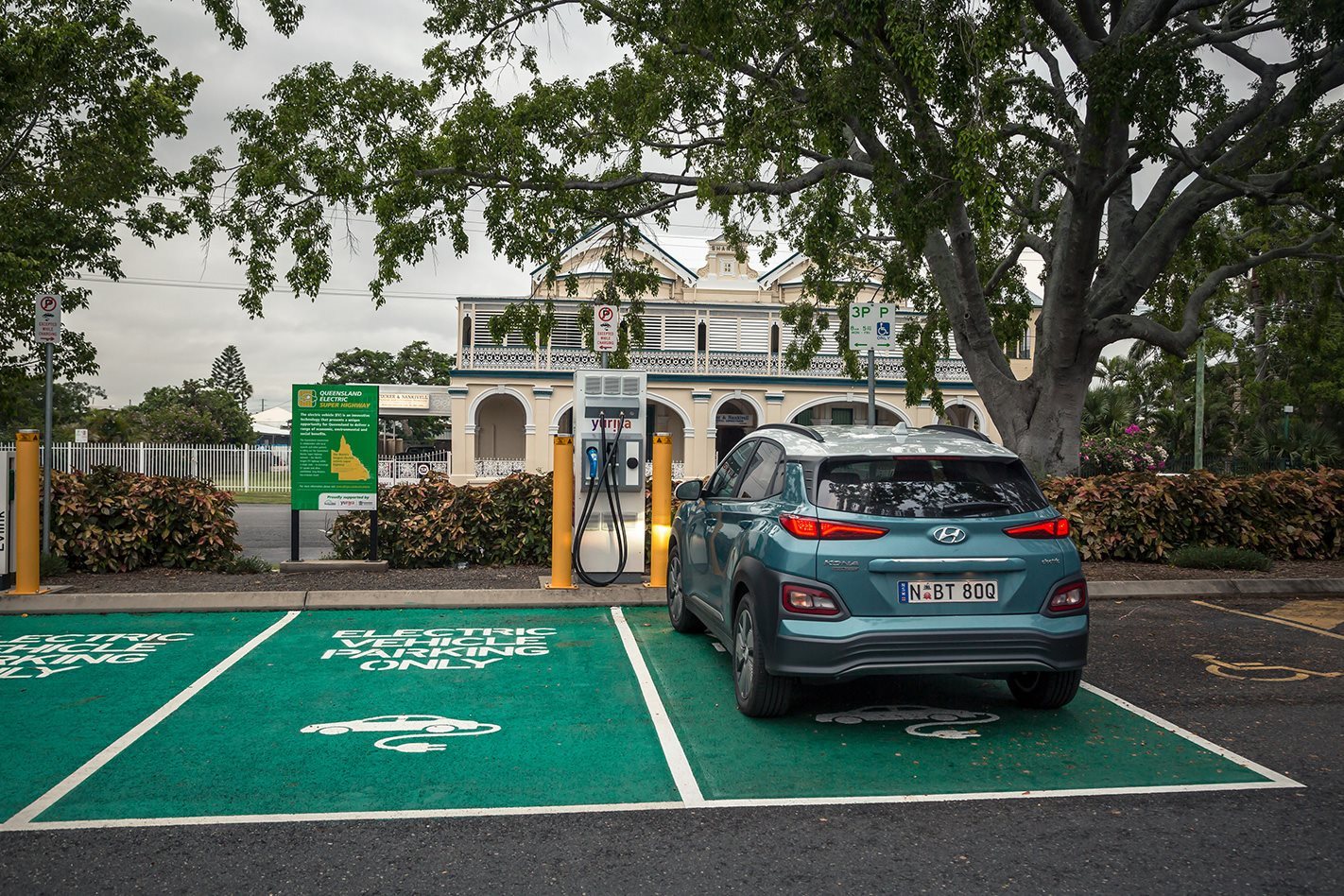
The group behind the open letter claims it opposes the proposed bill because the State Government has “not done proper consultation” ahead of announcing the plans and it “penalises electric car owners because [their vehicles] don’t consume petrol”.
Richie Merzian, Climate and Energy Program Director at the Australia Institute, said: “It is somewhat disingenuous to suggest that roads are funded by the fuel excise, as those funds are collected by the Federal Government and go towards general revenue. If the State Government is looking to increase revenue, there are far better ways to go about it that don’t disincentivise the use of electric vehicles.”
Michael Bartsch, Managing Director of Volkswagen Group Australia, added: “Volkswagen does not ask for incentives to import zero emission vehicles, rather for the abandonment of such disincentives as this ill-conceived anomaly of a tax.”
Defending the policy last month, Victorian Treasurer Tim Pallas said: “These reforms ensure all motorists pay their fair share to use our roads while we continue to incentivise the use of zero or low emissions vehicles.
“Introducing a road usage charge now, before take-up increases substantially, ensures that everybody pays a fair and sustainable charge for the use and the wear and tear on our road network and that means safer roads.”
According to The Age, Mr Pallas has been negotiating with Tesla and Nissan, who did not sign the open letter, on how to make their electric models more accessible in Victoria.
WhichCar has contacted Mr Pallas for comment on today’s letter.


